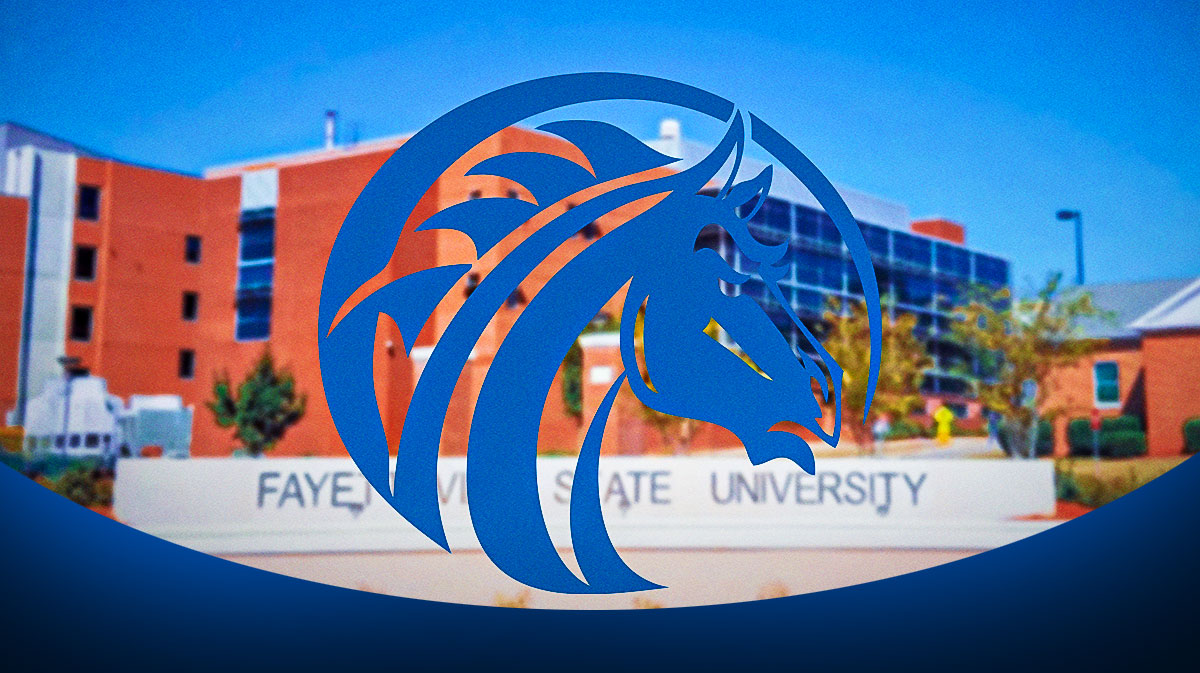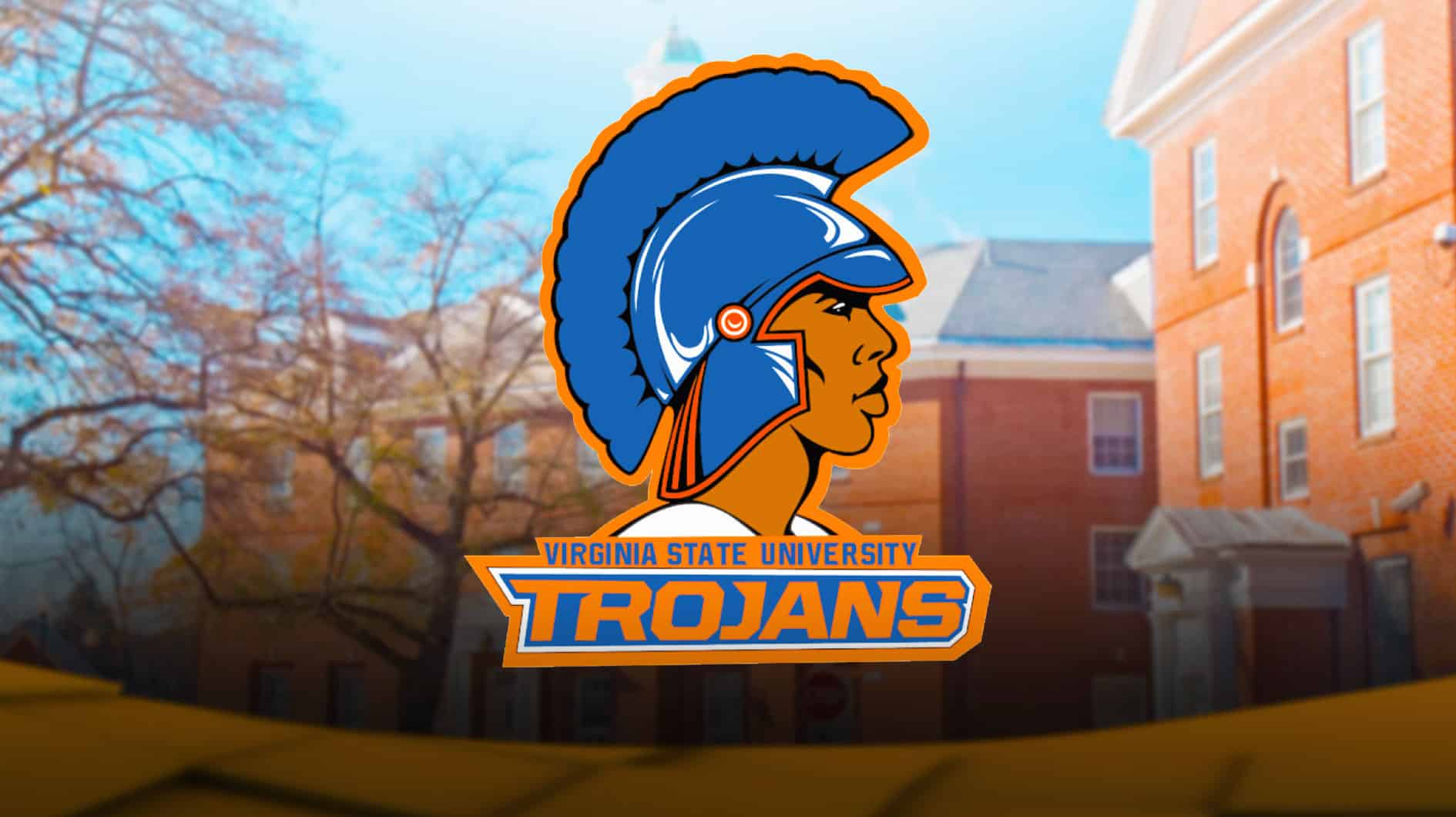The National Science Foundation (NSF) just awarded a $3 million grant to support The HBCU Ujima Collective, an initiative led by Miles College. This funding will benefit five Historically Black Colleges and Universities: Howard University, Morgan State University, Tennessee State University, and Winston-Salem State University, all working together to enhance research capacity and foster innovation.
Miles College is taking the lead on this project, and President Bobbie Knight celebrates the opportunity. “This project is a collaborative success story. By working with these accomplished Co-PIs, we’re elevating Miles College and the entire HBCU community,” she said. This partnership highlights Miles College’s ambition to achieve R1 research university status while strengthening research capabilities across the HBCU network.
Dr. Jarralynne Agee, Senior Vice President of Strategic Initiatives at Miles College, will serve as the Principal Investigator for this initiative. Dr. Kimberley Freeman, Professor of Educational Psychology at Howard University, Dr. Damon Bryant, Assistant Professor of Psychology at Morgan State University, Dr. Catherine Armwood-Gordon, Associate Dean of Research and Graduate Studies at Tennessee State University and Dr. Rashunda Stitt, Associate Professor of Psychology at Winston-Salem State University will work closely with a distinguished team of Co-Principal Investigators.
“It is an honor to work with each of the co-principal investigators on this project who all bring significant expertise and previous NSF recognition, which strengthens our ability to make a lasting impact on research and innovation.” Agee shared.
This grant falls under the Advancing Research Capacity at HBCUs through Exploration and Innovation (ARC-HBCU) initiative, designed to meet the specific research needs of HBCUs. By providing access to advanced facilities, resources, and training, the project supports student researchers, develops faculty skills, and offers vital research training across Alabama, Maryland, Tennessee, North Carolina, and Washington, D.C.
NSF Director Sethuraman Panchanathan emphasizes the importance of this collaboration. “The NSF ARC-HBCU Ideas Lab is an excellent opportunity to foster collaboration among HBCUs. By connecting talent from different institutions, we can build a more integrated and impactful research network that addresses the most pressing needs of these colleges,” he stated. This initiative empowers the next generation of scholars through stipends, scholarships, and professional development opportunities.
One exciting feature of the grant includes a series of masterclasses, starting with a grant-writing workshop in November. These sessions will equip HBCU faculty, students, and staff with the skills they need to secure research funding and expand their research capabilities. The initiative invites not only traditional students but also lifelong learners to apply.
This $3 million grant marks a significant step forward for HBCUs, uplifting these institutions and ensuring they continue to nurture the scholars and innovators of tomorrow.





